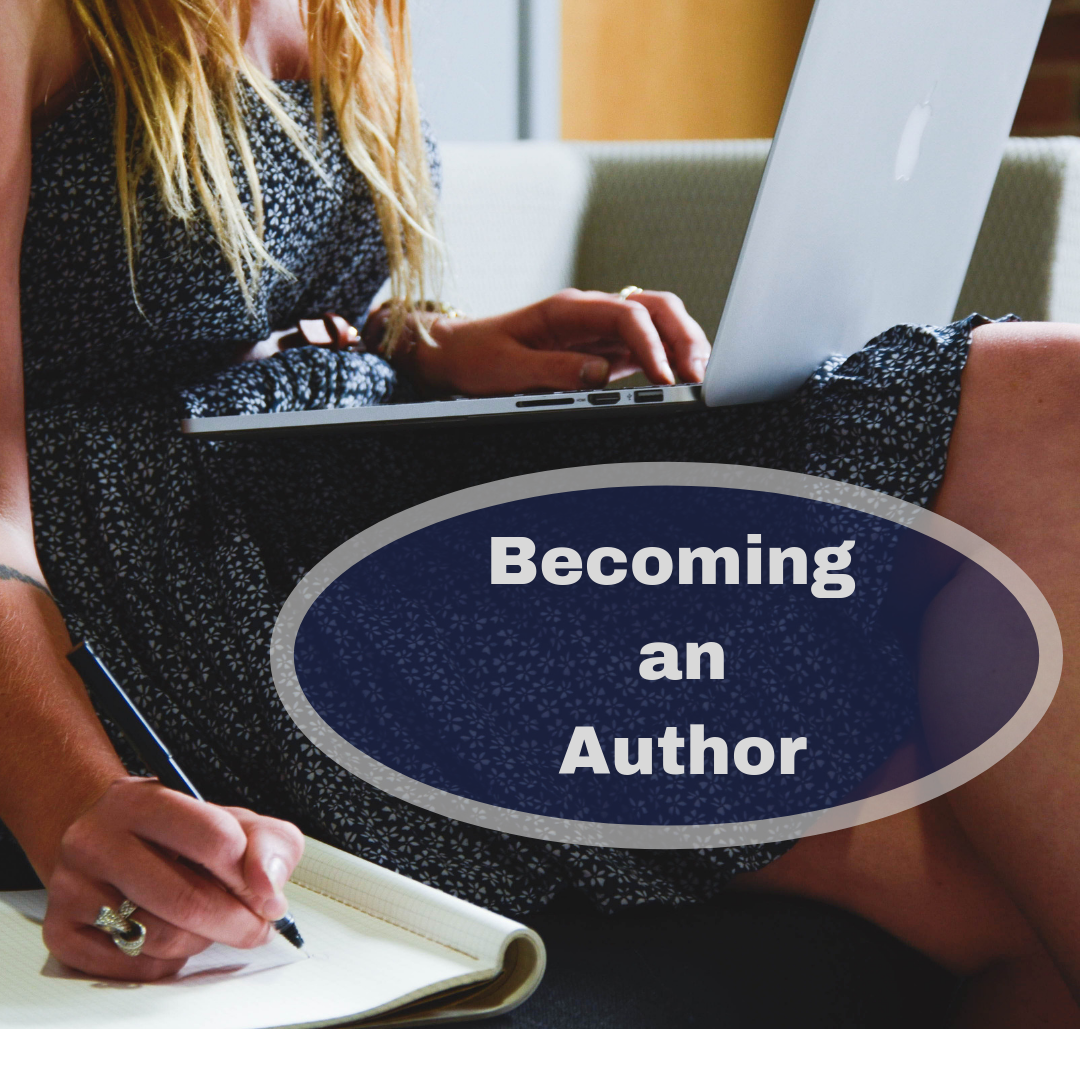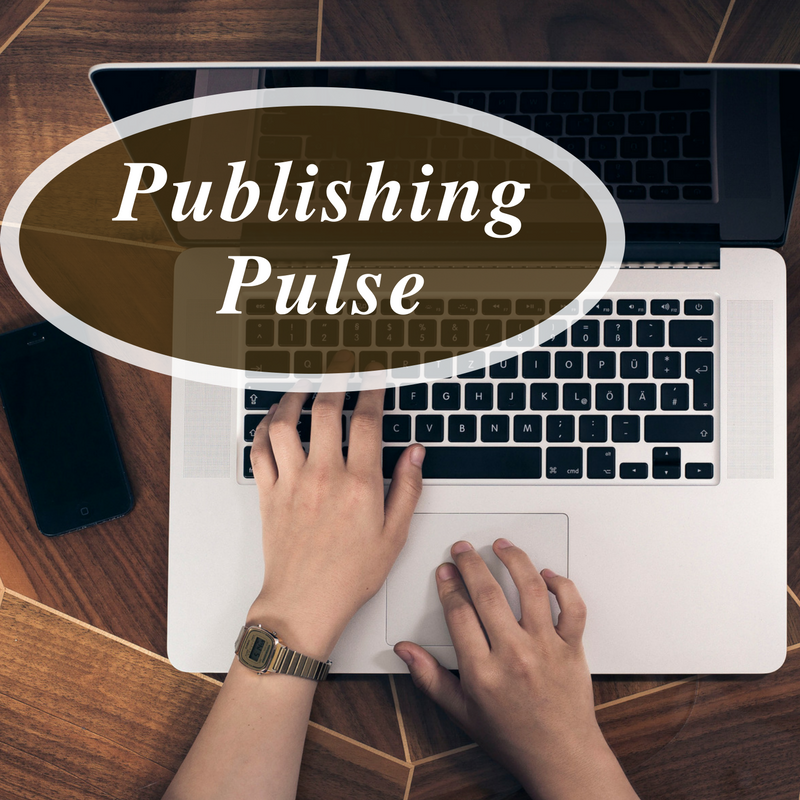
Magazine and Freelance
7 Ways to Make Sure Your Article Doesn’t Sell!
Everyone knows there are certain rules that must be followed in order to present an article to a publication.…
April 14, 2021
Everyone knows there are certain rules that must be followed in order to present an article to a publication.…
April 14, 2021
You might be surprised to read the title of this post. Aren’t editors always right? Won’t you doom your…
December 14, 2020
Editors and agents receive multiple submissions per week. If a writer fails to adhere to specific guidelines, then that…
July 9, 2019
I recently finished making wording changes on a self-published book that had already been typeset and printed — or…
September 12, 2018
Writing is a funny art, isn’t it? Agents and editors (freelance and publishing house) tell us to write, write,…
July 22, 2018